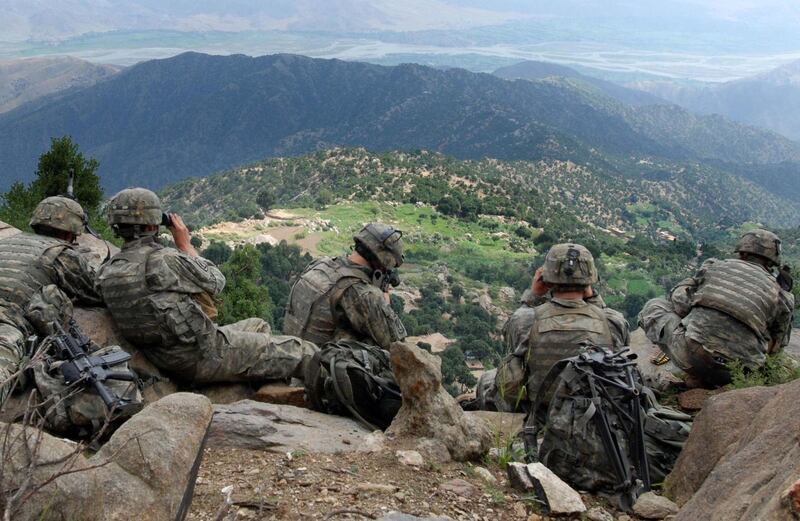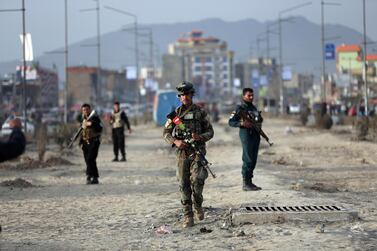A Manchester City legend who swapped fast cars and a heady lifestyle for the dangers of the frontline has greeted the Afghanistan truce as a long overdue step towards reconciliation.
When Lee Crooks hung up his boots in 2009, he made the decision to join the British military and was deployed along with thousands of troops to fight against the Taliban.
As the 19-year war draws to a close with the historic signing of the US-Taliban peace deal, the midfielder looks back on his time in Afghanistan with sadness.
“A lot of lives got lost for nothing. I feel the war shouldn’t have happened,” he said.
“I don’t think we should have been there. British troops should not have been sent.
“There needs to be peace now. Having a lasting peace through the peace agreement is for the best without a doubt and I’m glad it’s happening.”
More than 450 British lives were lost in the conflict before the UK withdrew its troops in 2014 and thousands more were left with life-changing injuries.
Serving in Afghanistan was a far cry from entertaining 35,000 strong crowds at the then home ground Maine Road for the player.
Inured to colourful chants from the fans on the terraces, in often inclement conditions, the star was suddenly faced with acclimatising to the blazing 50C heat and dust storms at the British Afghan outpost of Camp Bastion.
His entry to the camp took place under cover of darkness with the plane’s lights off.
For the next four months home for him consisted of concrete buildings and sand storms with the constant drone of military helicopters overhead.
“It was tough,” he said.
“I went from having everything and taking life for granted to having nothing.
“There were suicide bombers, IEDs, 24 hours a day we were being watched.
“You are a uniformed soldier and the people you were fighting aren’t. The hardest part was the Taliban, the insurgents we were facing, we didn’t know who they were.
“Sometimes they would send women and children in suicide vests. It was pretty bad.”
Crooks will forever have hero status in the eyes of Man City fans and during his time in Afghanistan he was not forgotten.
Man City’s Club Ambassador, club legend Mike Summerbee, sent a team flag out to him which the player adorned in the troops’ accommodation.
Crooks will always be remembered in the club’s history books for his role in the famed 1999 play-off final – it saw fans witness an unlikely comeback, leading to a change in Man City’s fortunes and their rise back to the top tier of the Premier League.
“We got relegated two years on the bounce and then we turned it around and got to the famed Wembley play-off final in 1999 which has gone down in history,” he said.
“We were 2-0 down in the 88th minute and then the ref gave us six minutes of extra time and we equalised and came back to win on penalties. We then got promoted. If we had lost it would have broken Man City financially. It was the turning point.”
When the glory moment of winning the Premier League came in 2012, the star had just come off patrol in Kabul and was greeted with the news City were champions. The team had gone into the final game on level points with arch-rivals Manchester United.
City fell a goal behind by the end of normal time, leading some of United's players to finish their game celebrating in the belief that they had won the league. But two injury time goals resulted in another legendary last minute victory.
“It was unbelievable,” he said.
“We had been on patrol and to get back to that news. I don’t regret not being there to watch it. I wanted a new challenge and I had a new team and a new job to do.
“I was over the moon for the boys though. All our hard work coming back after relegation had finally paid off and it was great to know I played a part in getting them back up there.”
Crooks, originally from the Yorkshire city of Wakefield, joined Man City at the age of 16 in 1994 and made more than 70 appearances for them before he left in 2001.
He then went onto play for British clubs Barnsley, Bradford and Rochdale among others.
The player took the decision to fulfill a lifelong wish to join the military in 2010, his younger brother was already a serving soldier.
“The players thought I was mad when I signed up,” the star said.
“But I wouldn’t change a thing. It is the best thing I’ve ever done in my life.
“I had been playing football since I was six-years-old and it just got a bit stale. I wanted to make changes in my life and going into the forces was the best thing I ever did.
“With the troops I was the same bloke doing the same job as them, just because I had kicked a ball around made me no different to them. We all faced the same risks out there. I was just there to do a job.”
The impact of the war on the Afghan people has left a lasting effect on him though.
“I was in Afghanistan for four months, it was not a safe place, I just felt sorry for all the local people who had nothing do with it,” he added.
“We gave them a lot of aid, their living standards were horrendous. The Afghan people are lovely, they were great, they just didn’t deserve to be stuck in the middle of it all.
“It really made me realise how lucky I am, having running water, having a family, being able to pick up a telephone, all the things we take for granted.
“It has made me appreciate my life more.”
When he left the forces five years later he set up the Lee Crooks Project to help homeless servicemen.
His former teammates and colleagues contacted him and offered him coaching positions in America and Dubai.
Now he runs Pro Elite Football academy to help train the next generation of youngsters from similar backgrounds to him in Yorkshire.
He helped open the Man City Abu Dhabi Cup and his youth teams have played in the competition, which will now be hosting its fourth tournament in March.
Last year Crooks joined former players for the 20th anniversary celebrations at Man City to commemorate the famed 1999 victory.
“I have no regrets at leaving football and going into the military,” he said.
“It made me appreciate everything I have.
“You get two choices in life one to go under and one to go over and I chose to go over. You have to live life to the full.”
As the peace deal was signed, Crooks was back on familiar turf in the UK outside on a freezing pitch mentoring his academy’s youth team.
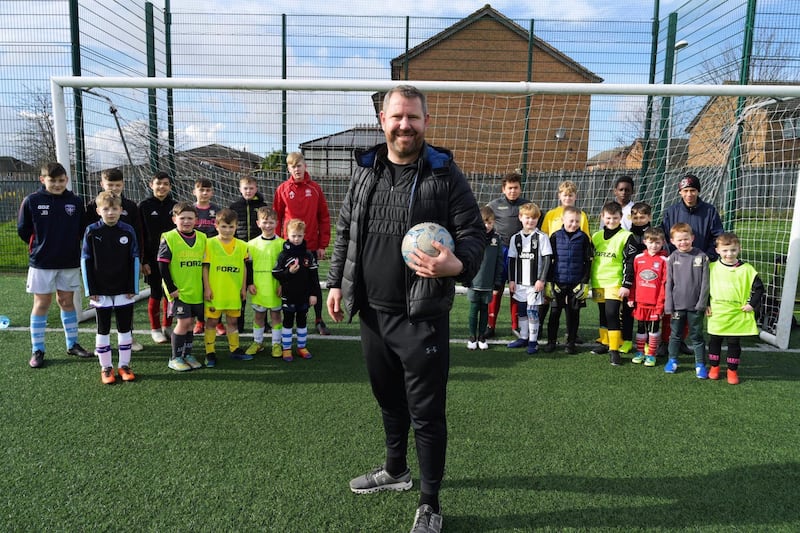
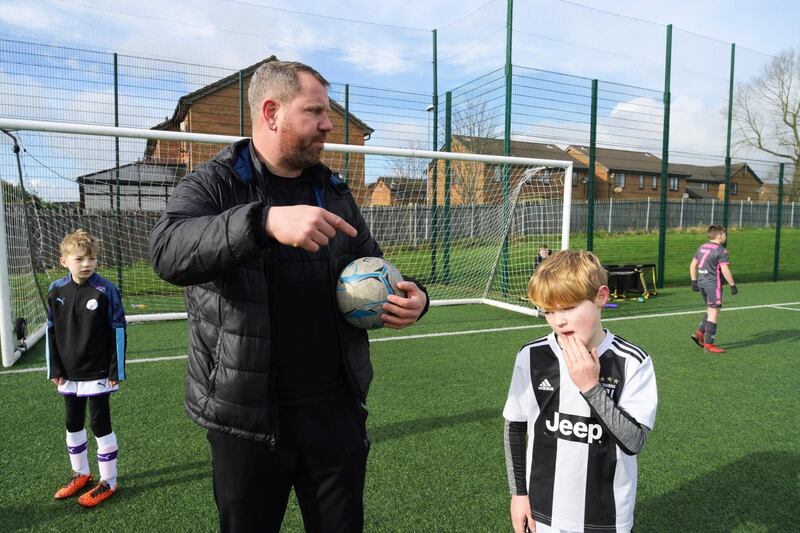
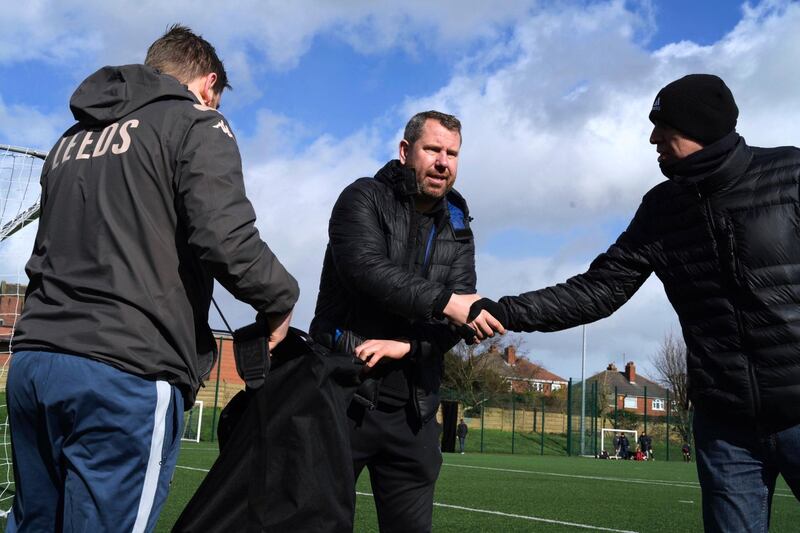
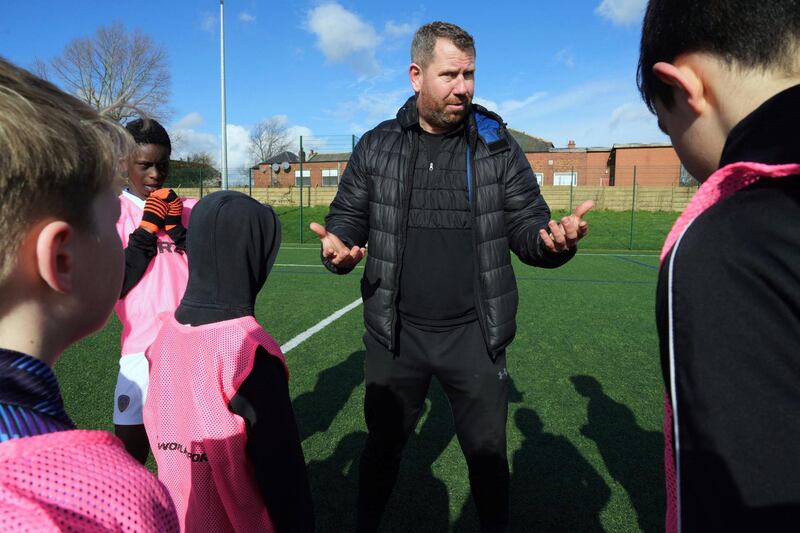
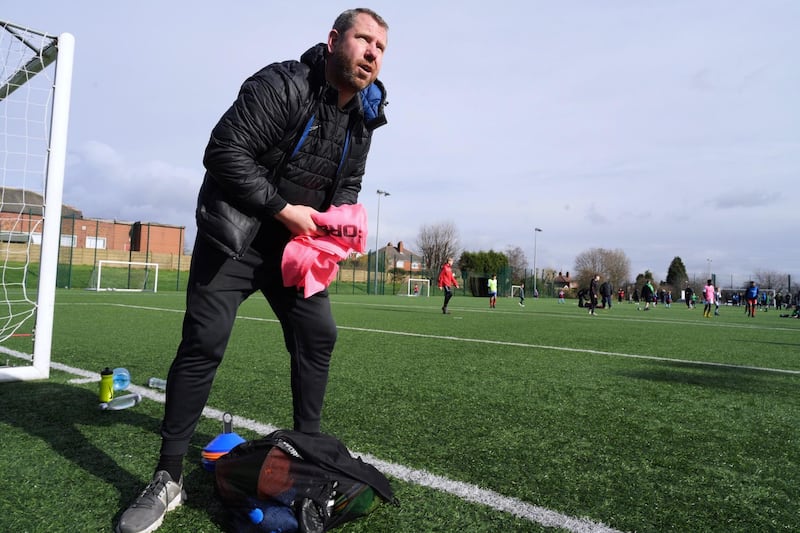

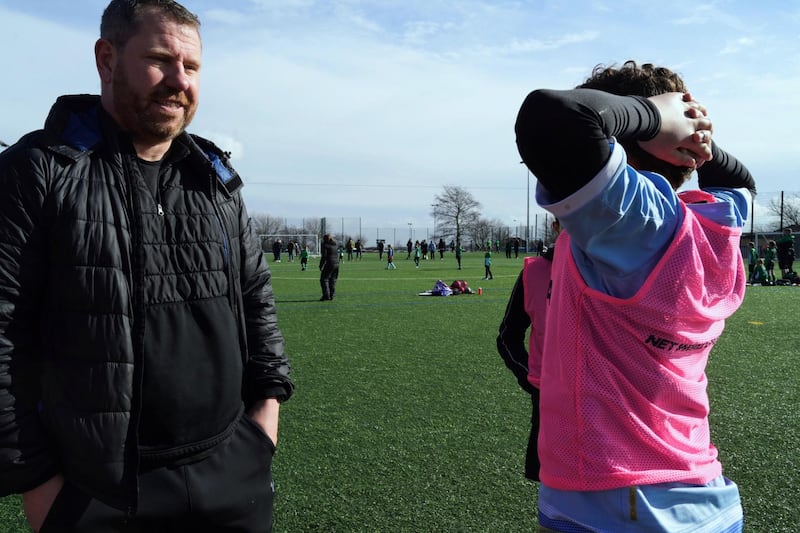
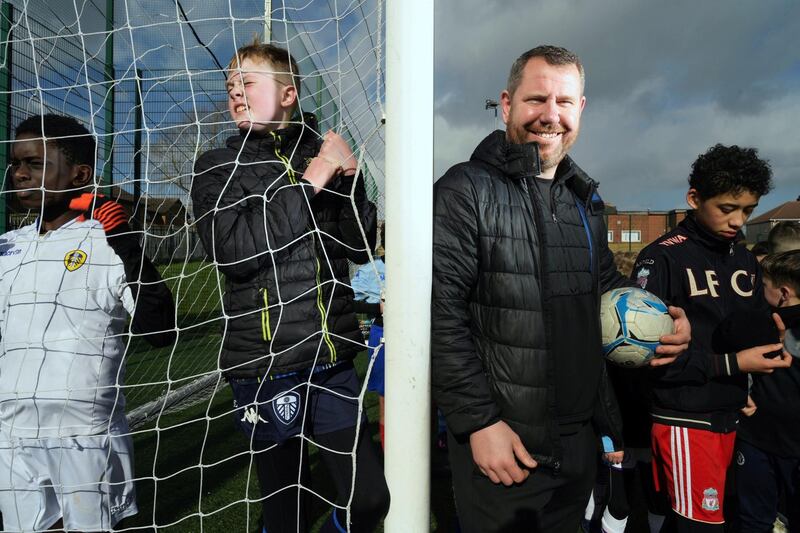
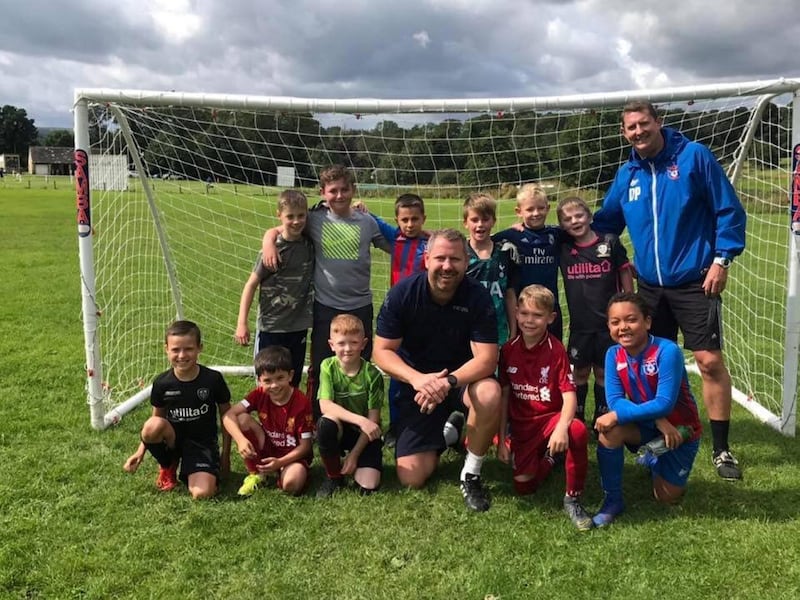
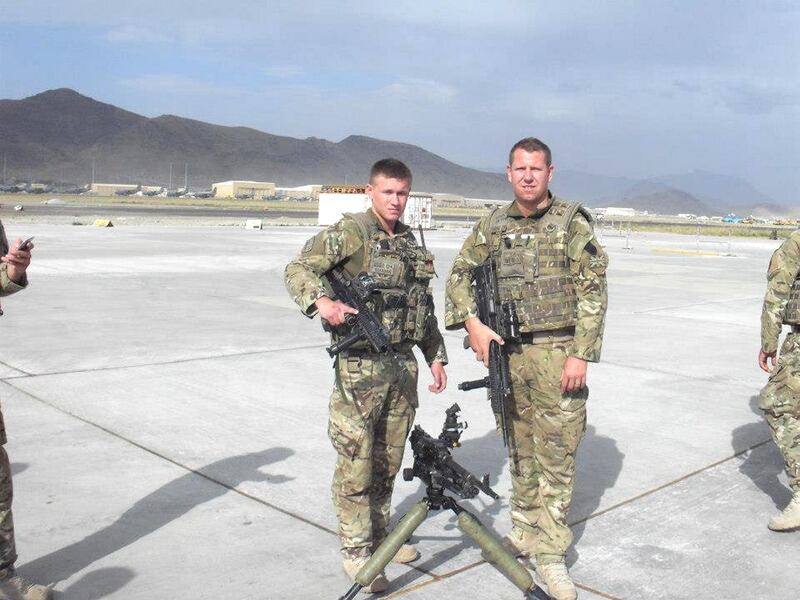
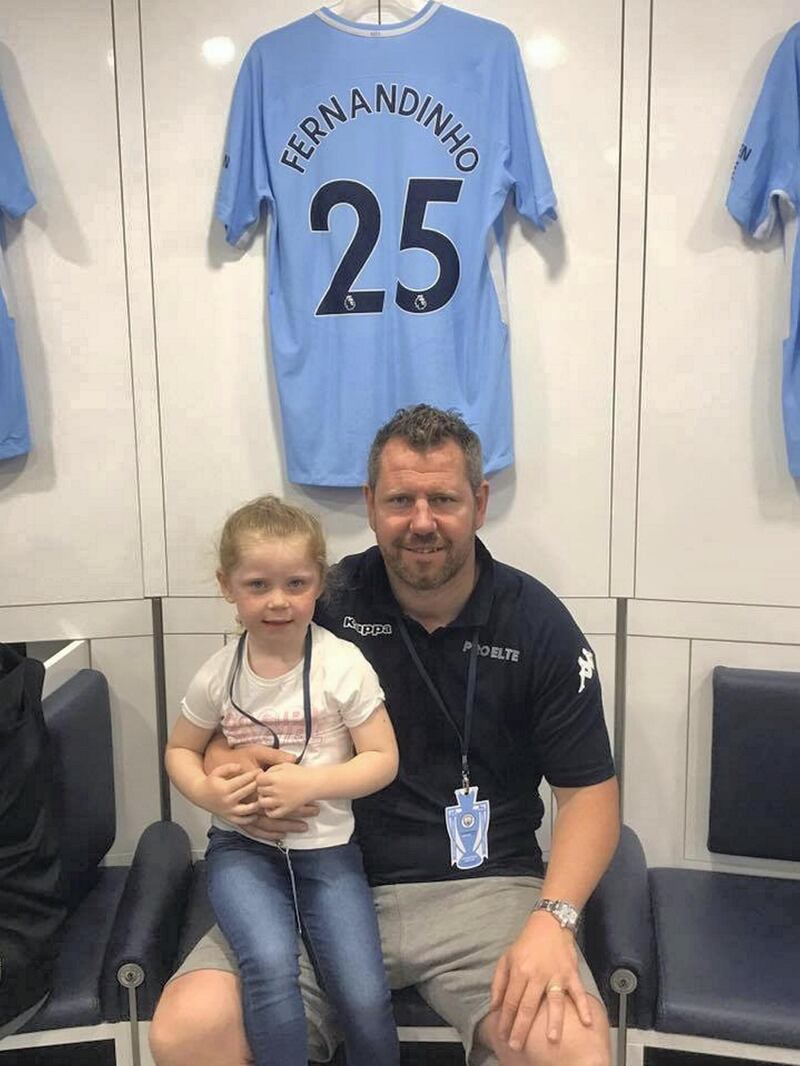
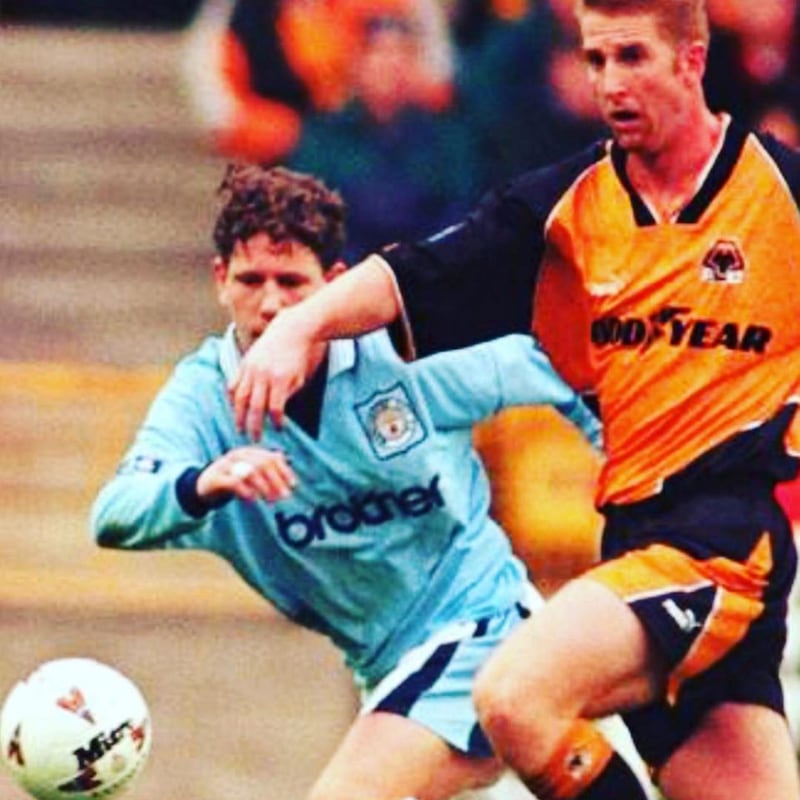

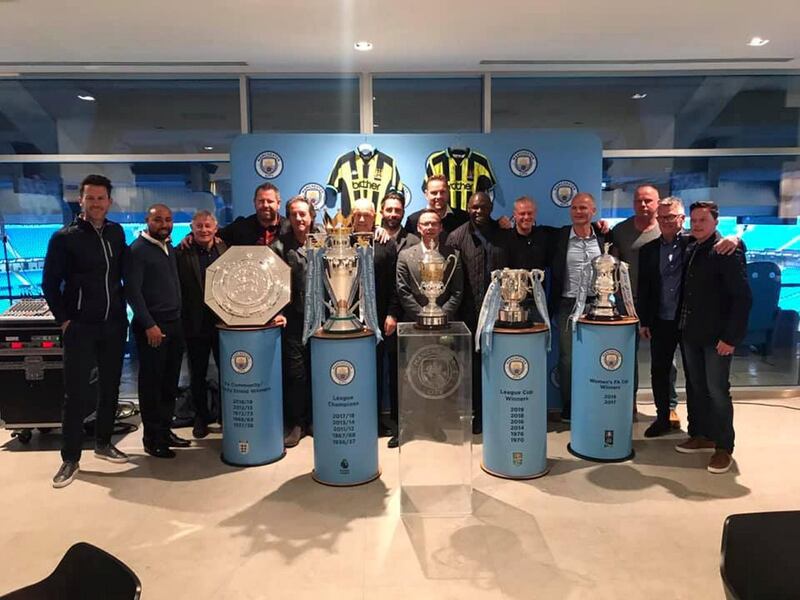
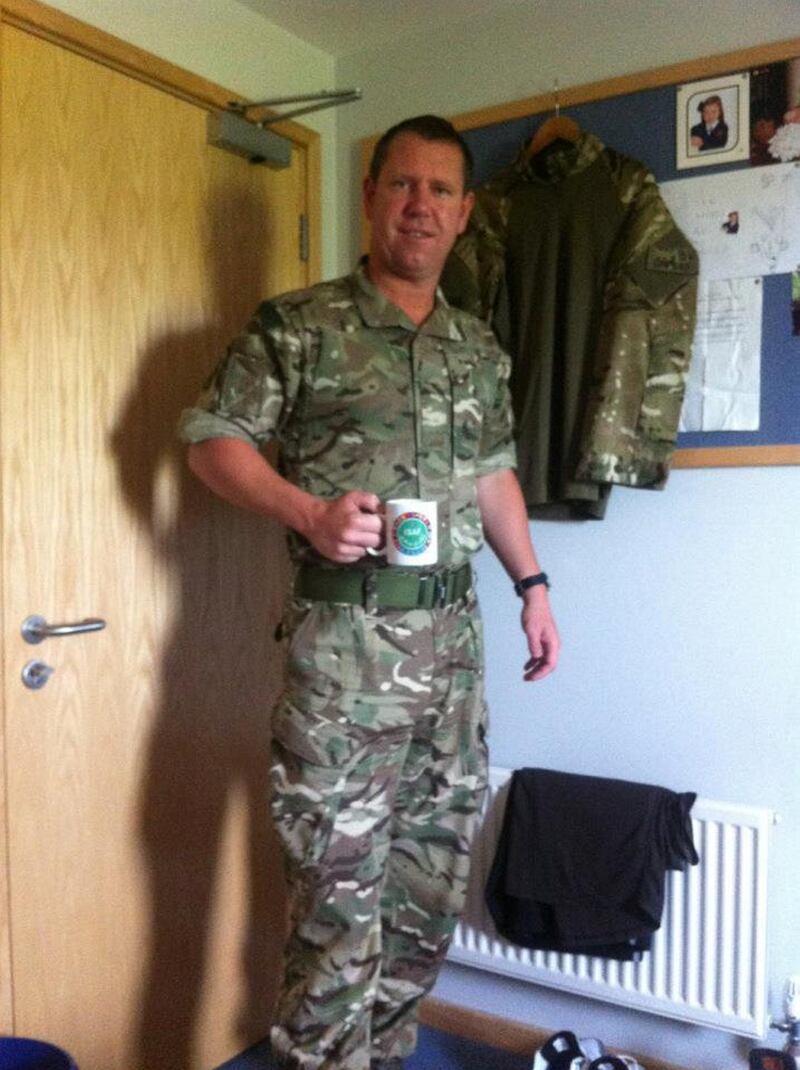
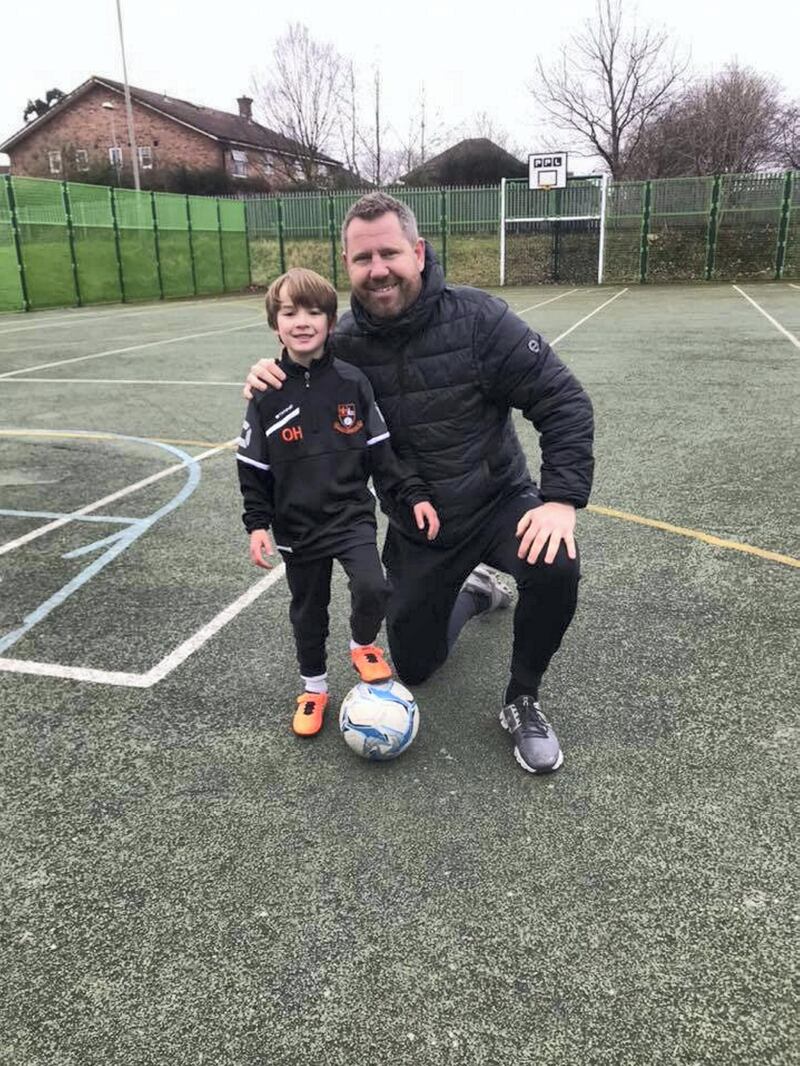


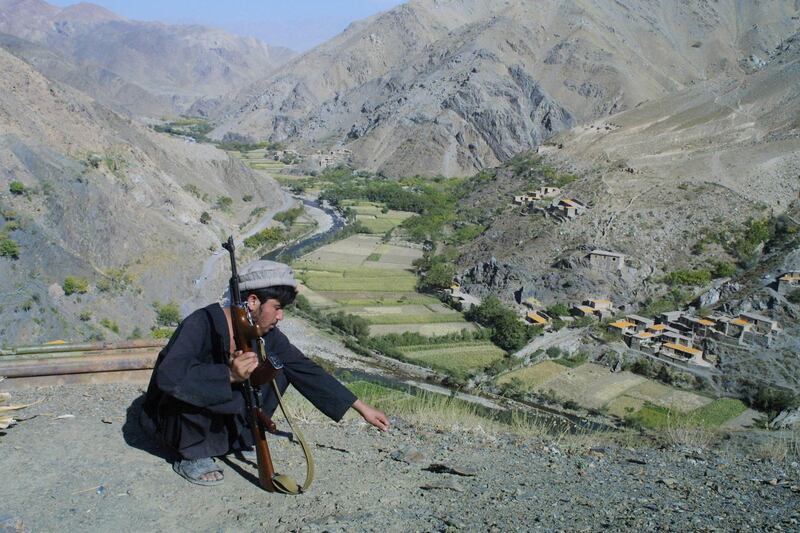
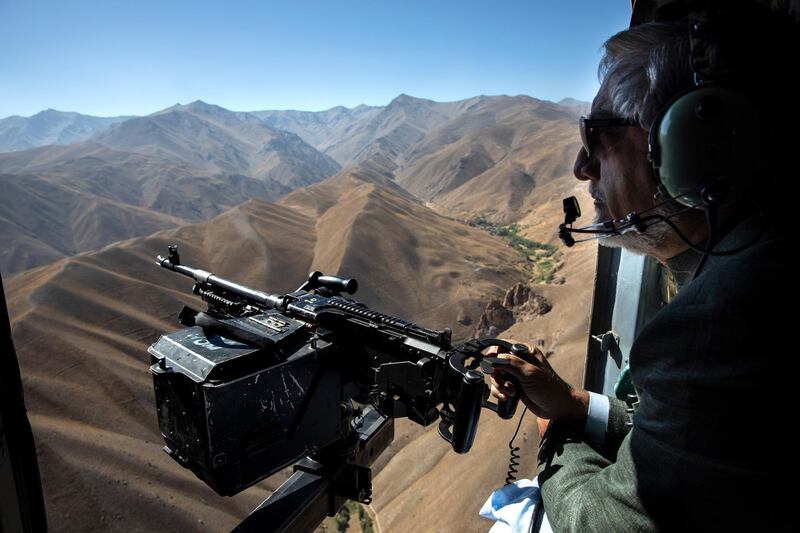
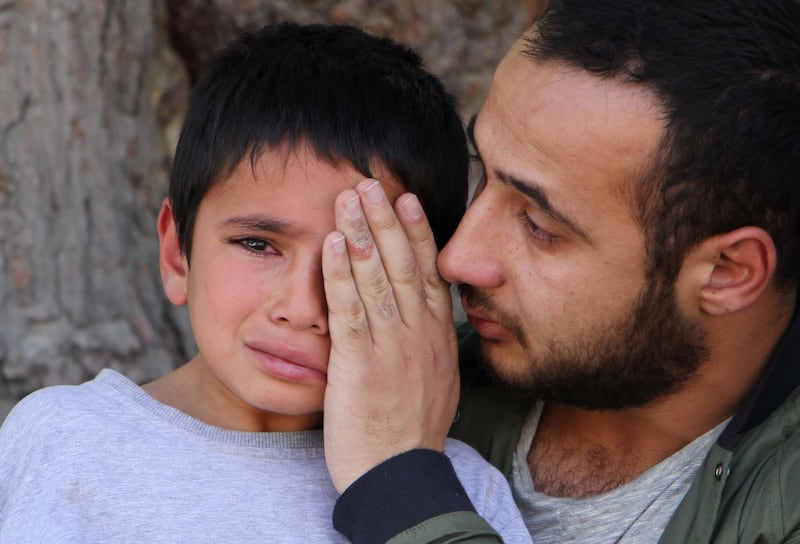
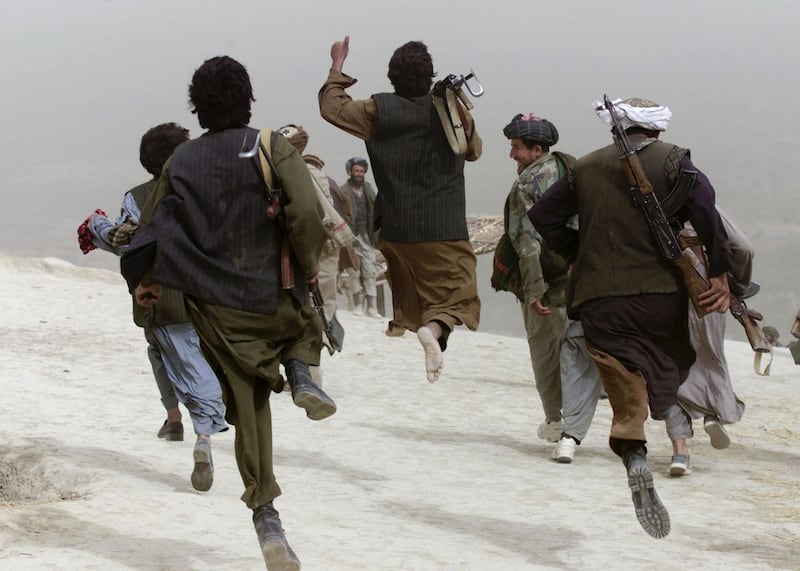
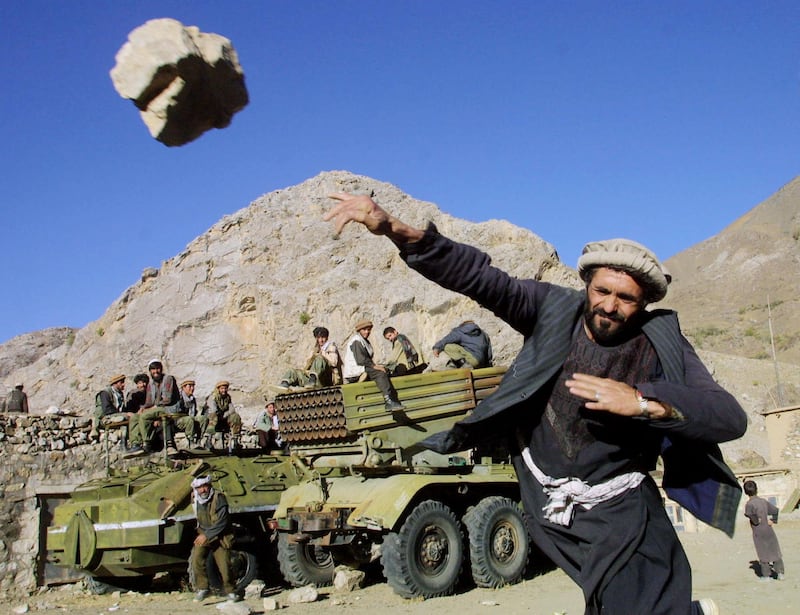

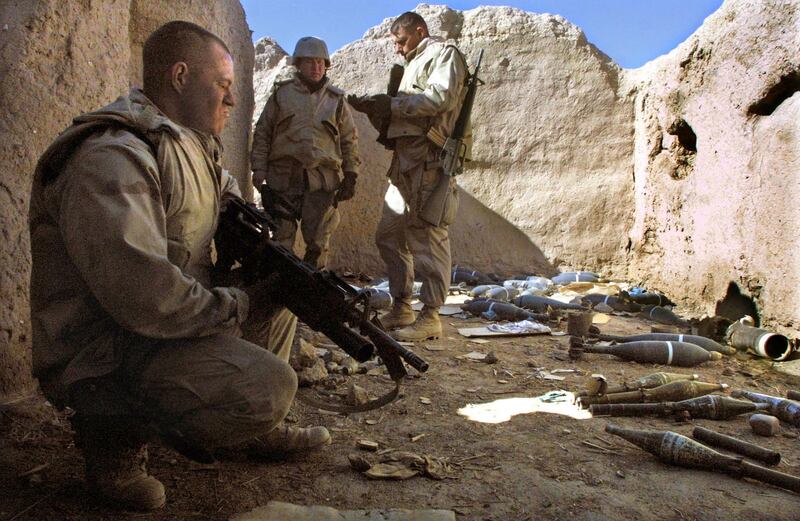
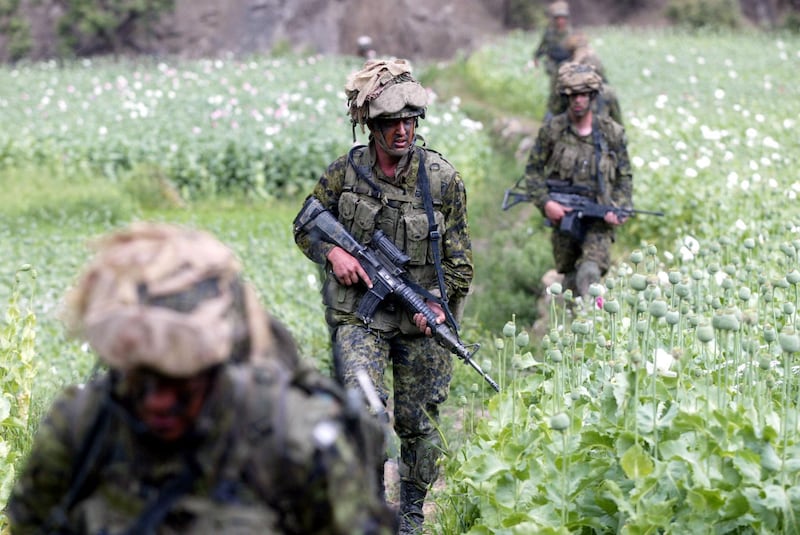
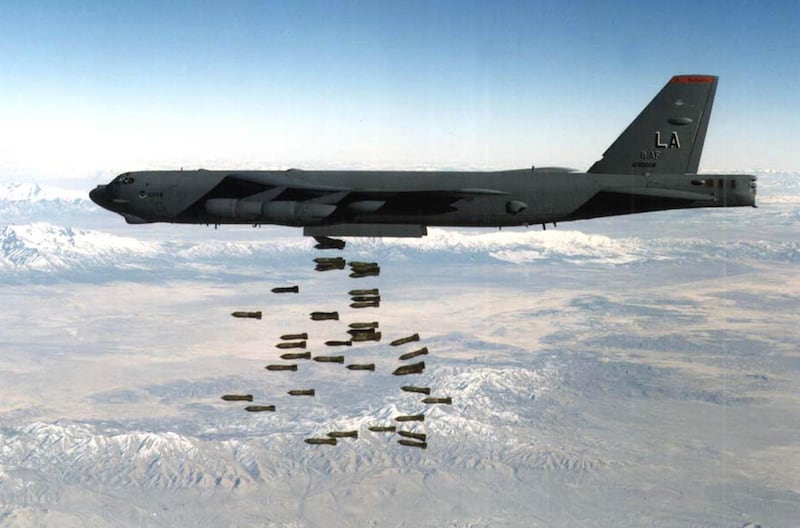

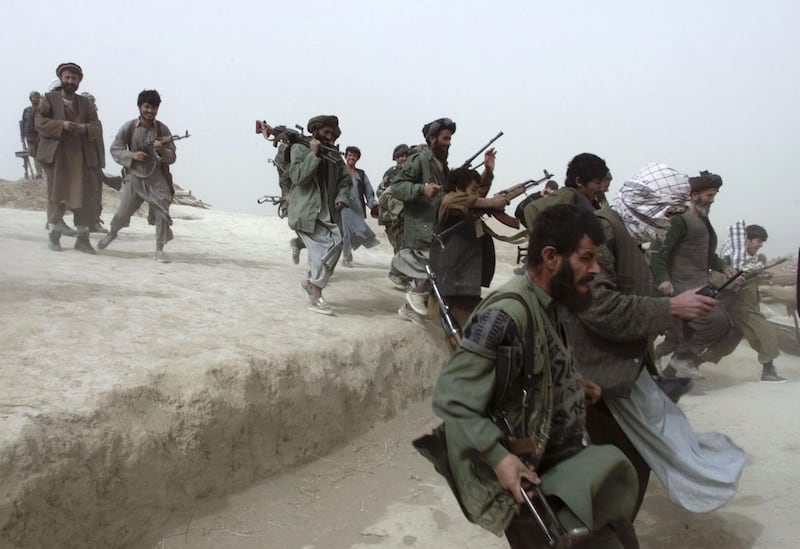
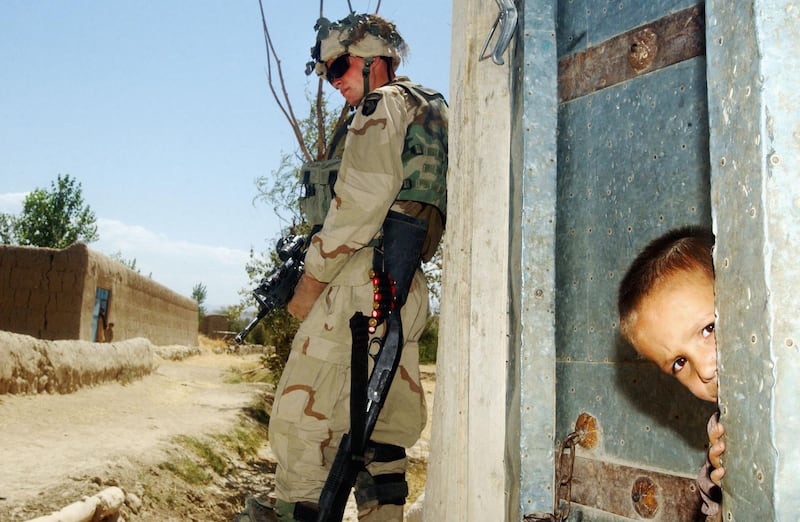
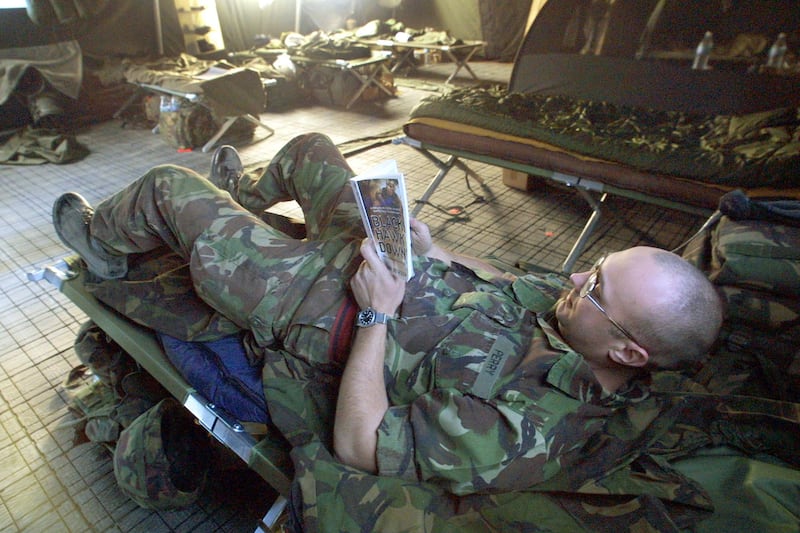
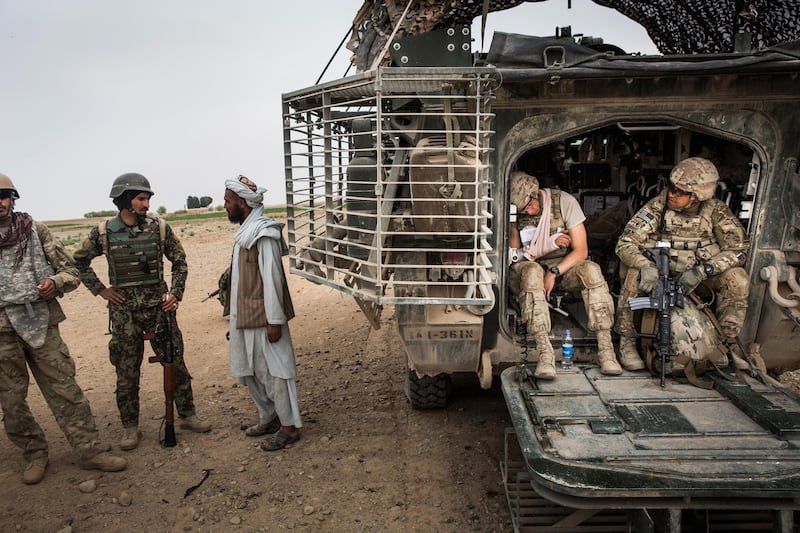
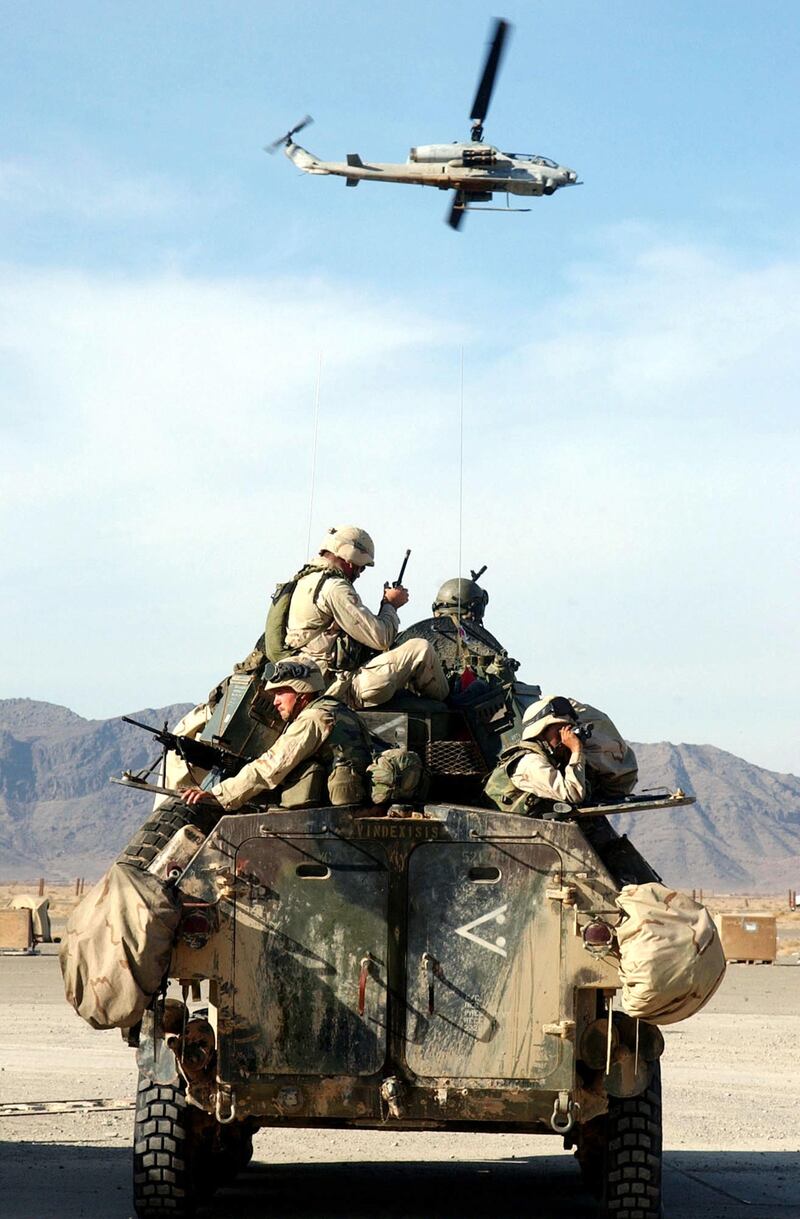
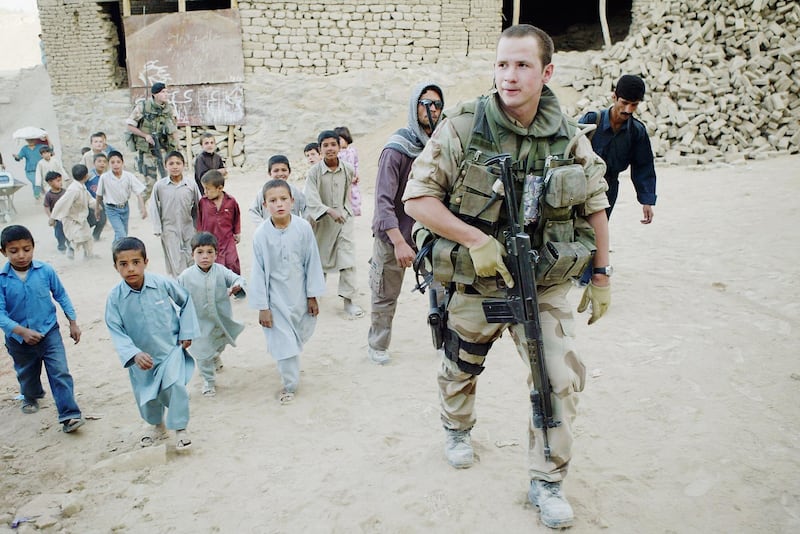
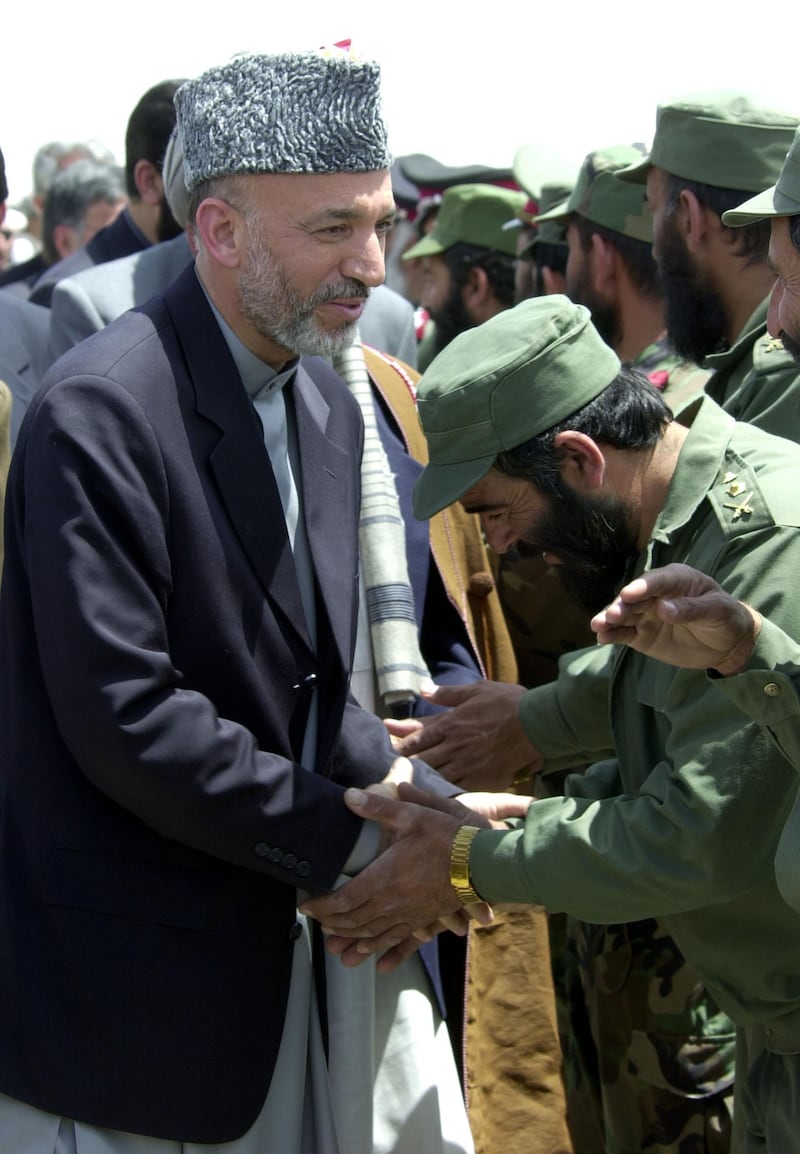
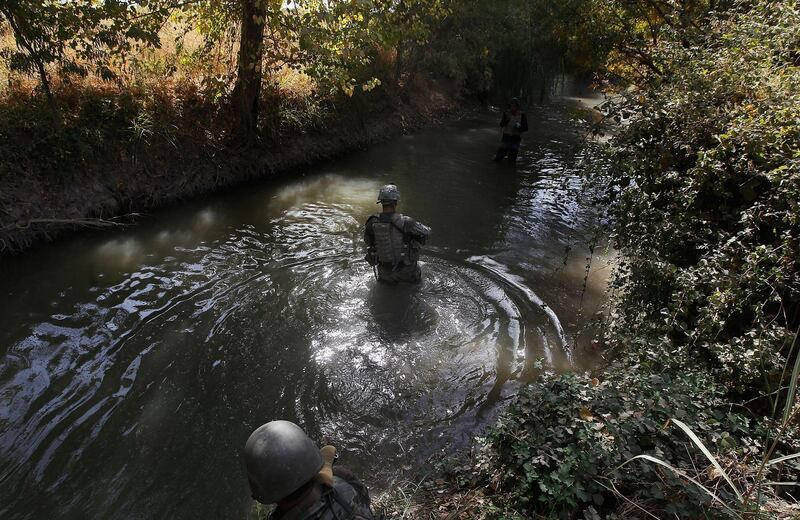
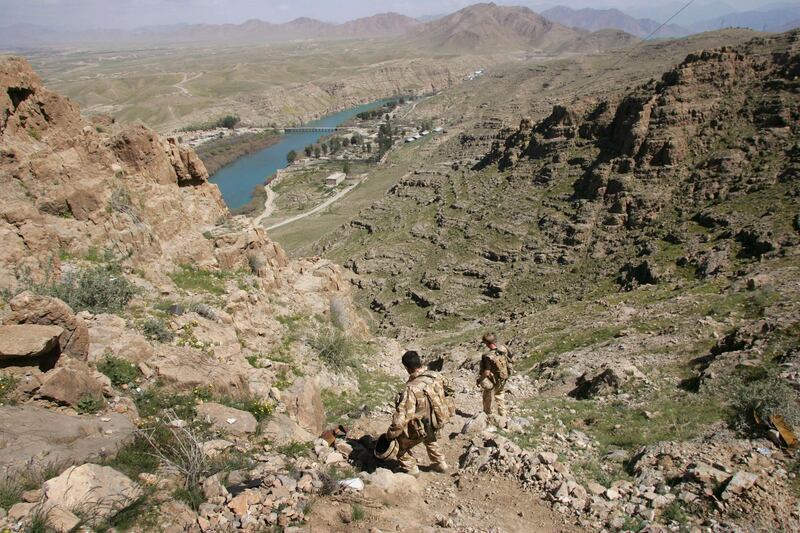
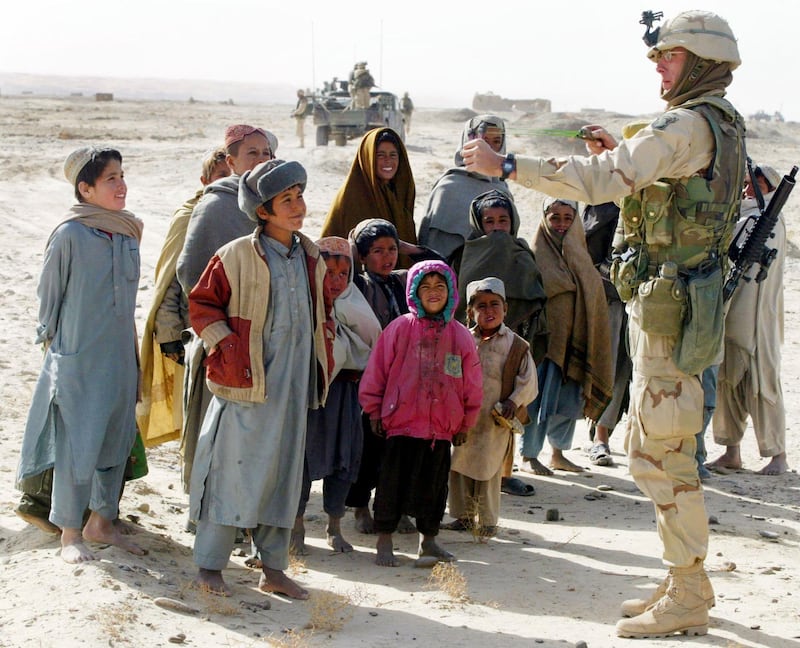
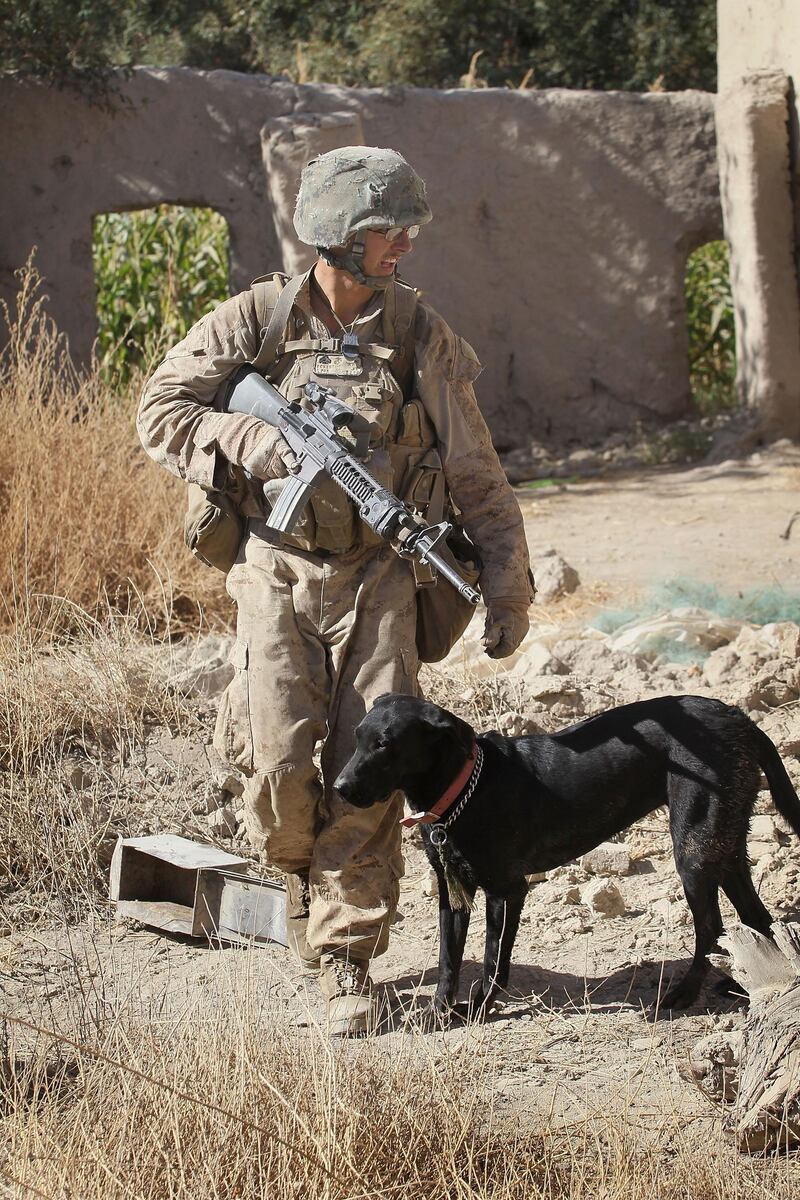
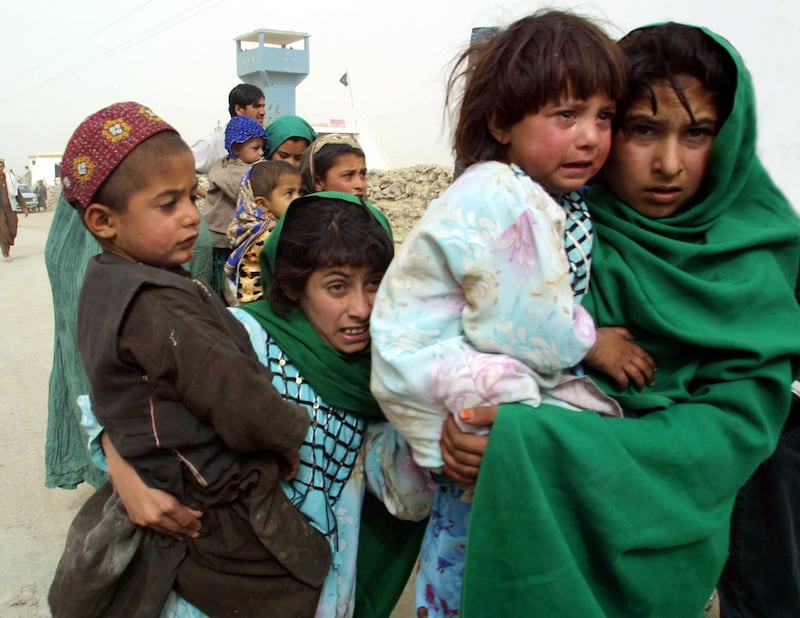
![Anti-Taliban Afghan fighters watch several explosions from U.S. bombings in the Tora Bora mountains in Afghanistan December 16, 2001. [Hundreds of al Qaeda fighters have battled to the death in a last stand in eastern Afghanistan, but their leader Osama bin Laden eluded the U.S. dragnet, Afghan commanders said on Sunday.]](https://thenational-the-national-prod.cdn.arcpublishing.com/resizer/v2/YCW5WFIGOZJVH2LWMZJZTLGUAQ.jpg?smart=true&auth=c19db2c42a968863762f0a49e2e7e5bde9fe9382f7764bcdd92b8aba7b1797cb&width=800&height=547)




